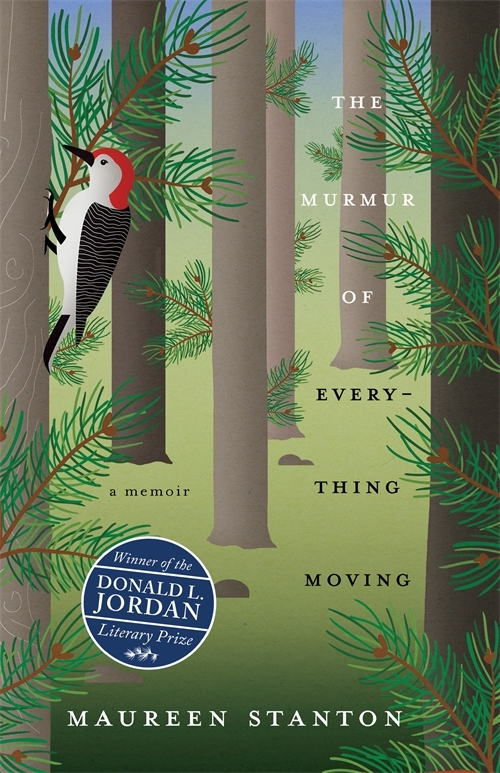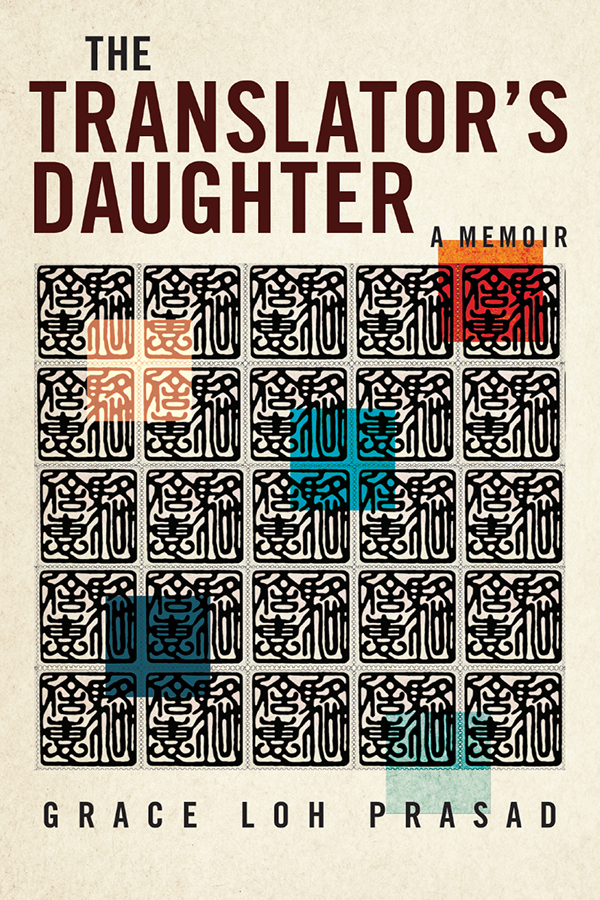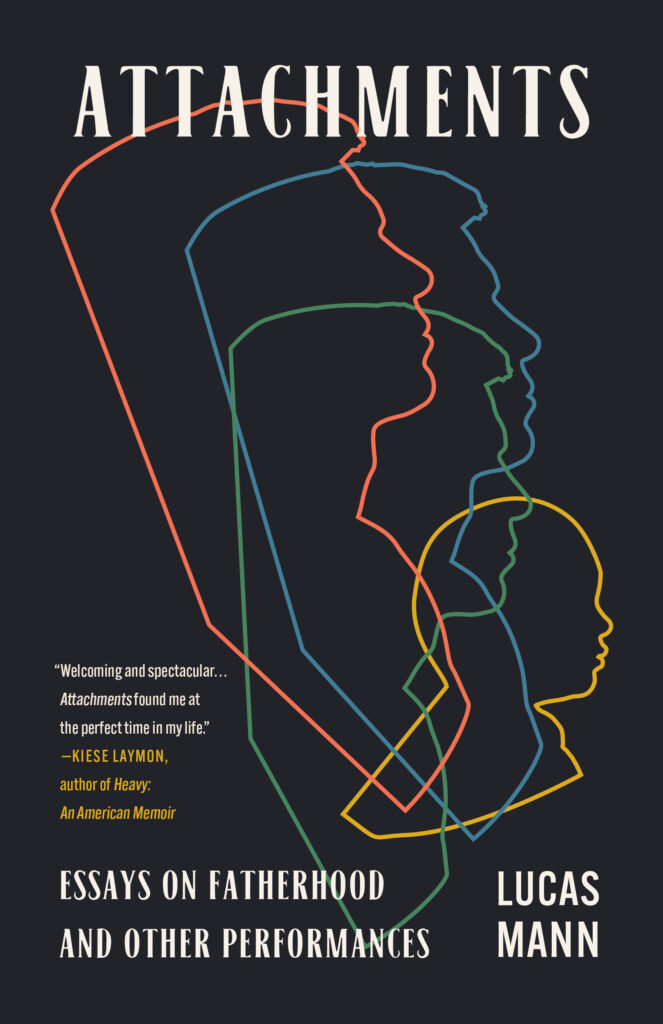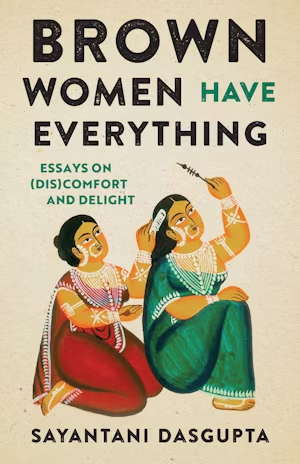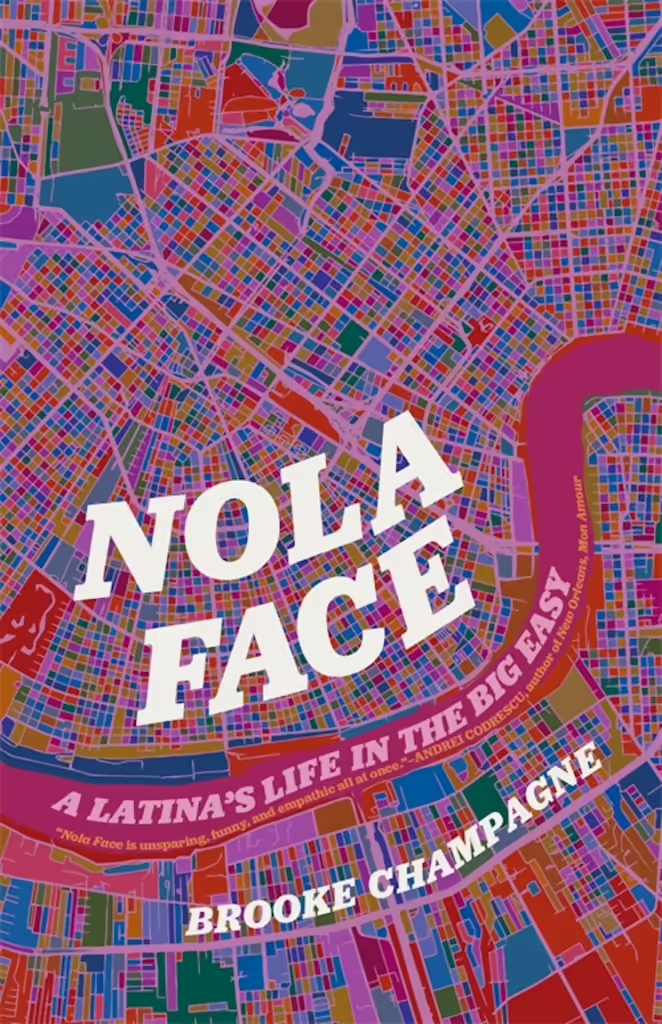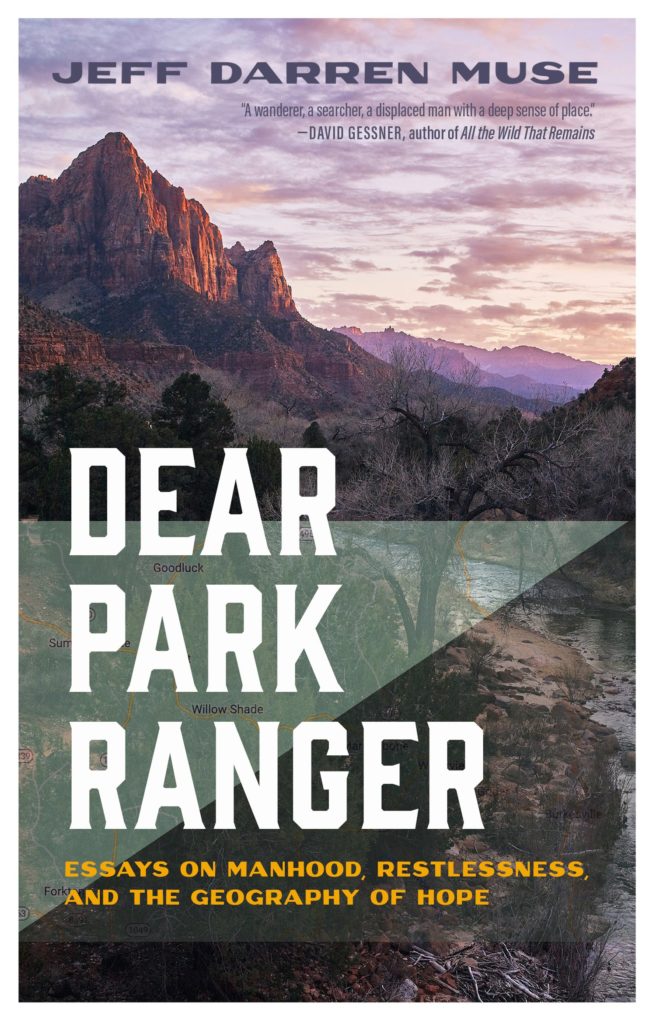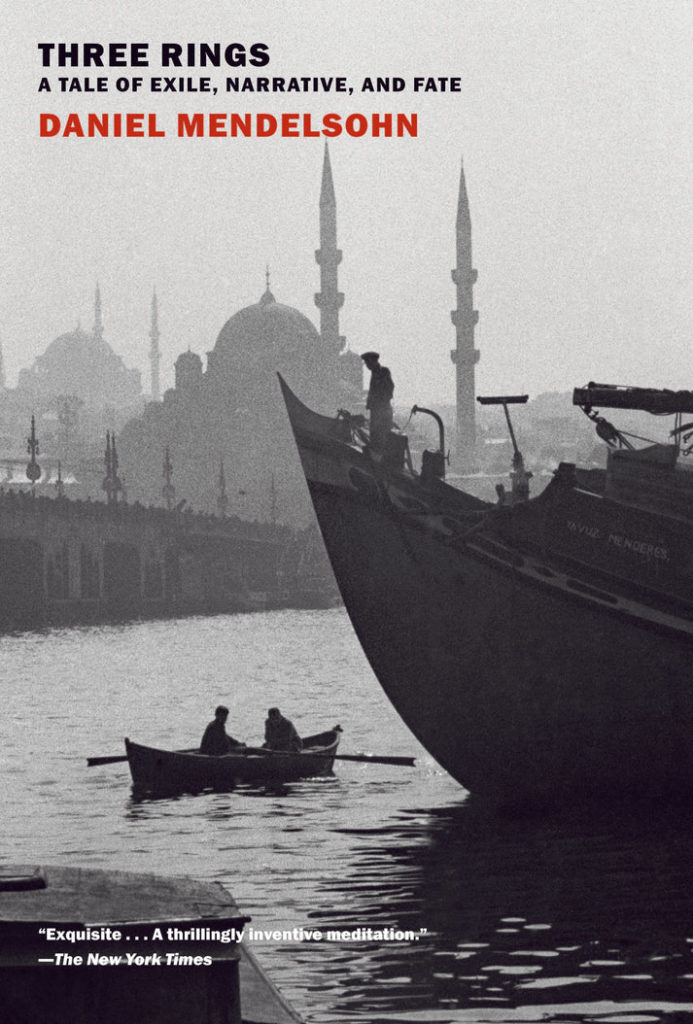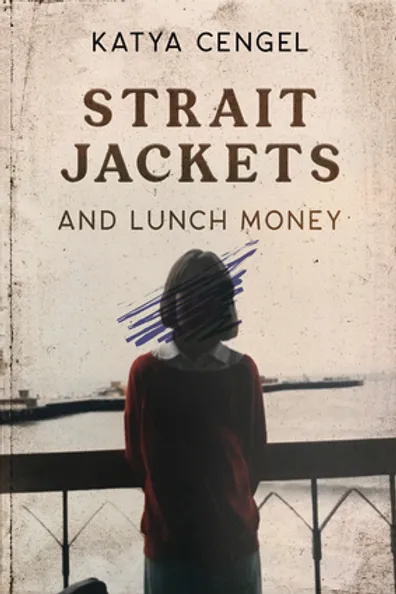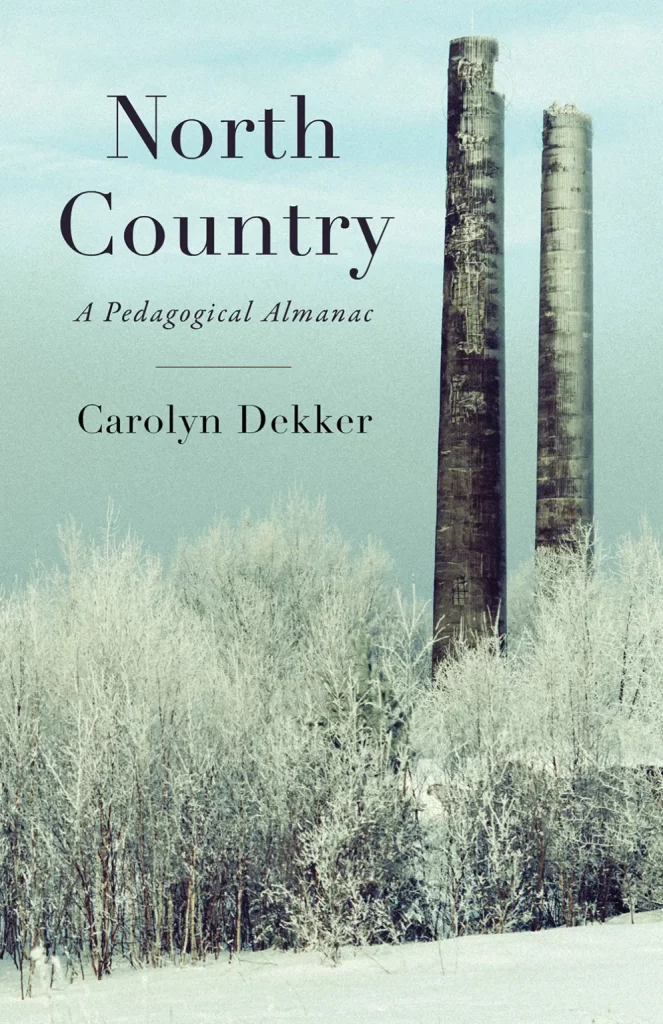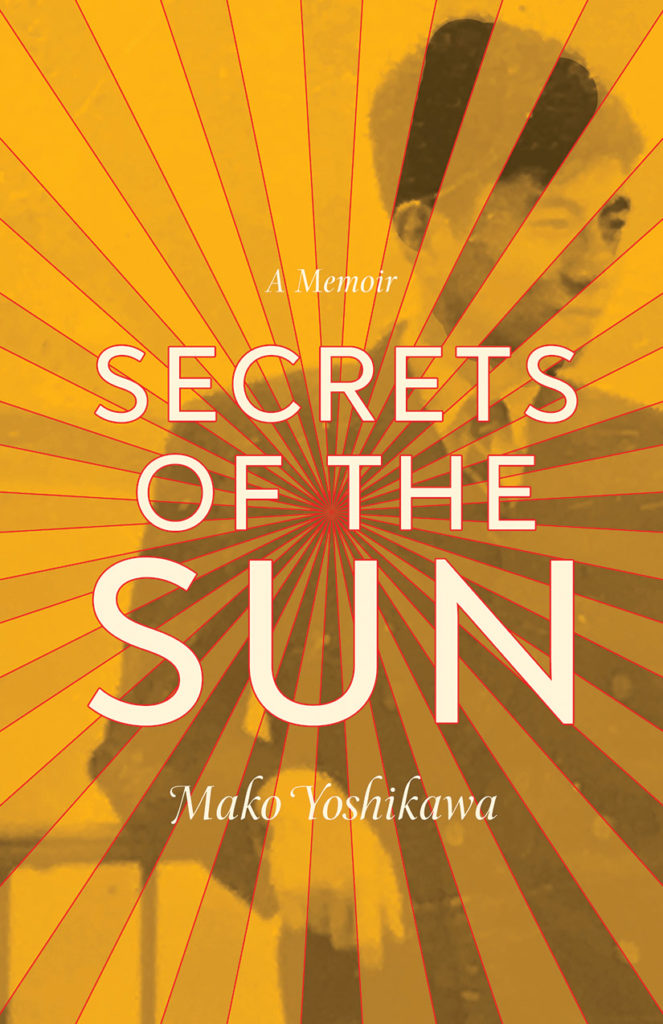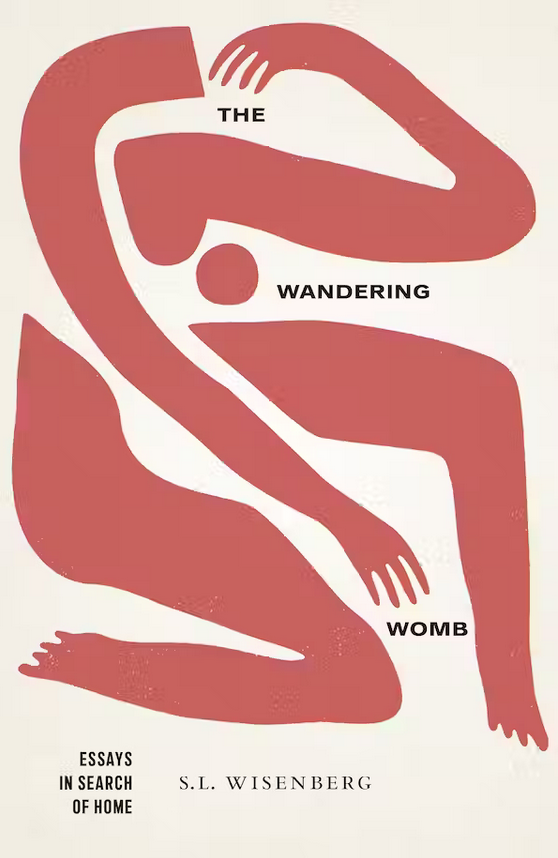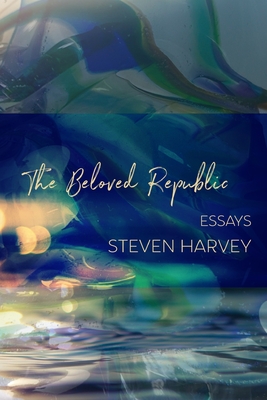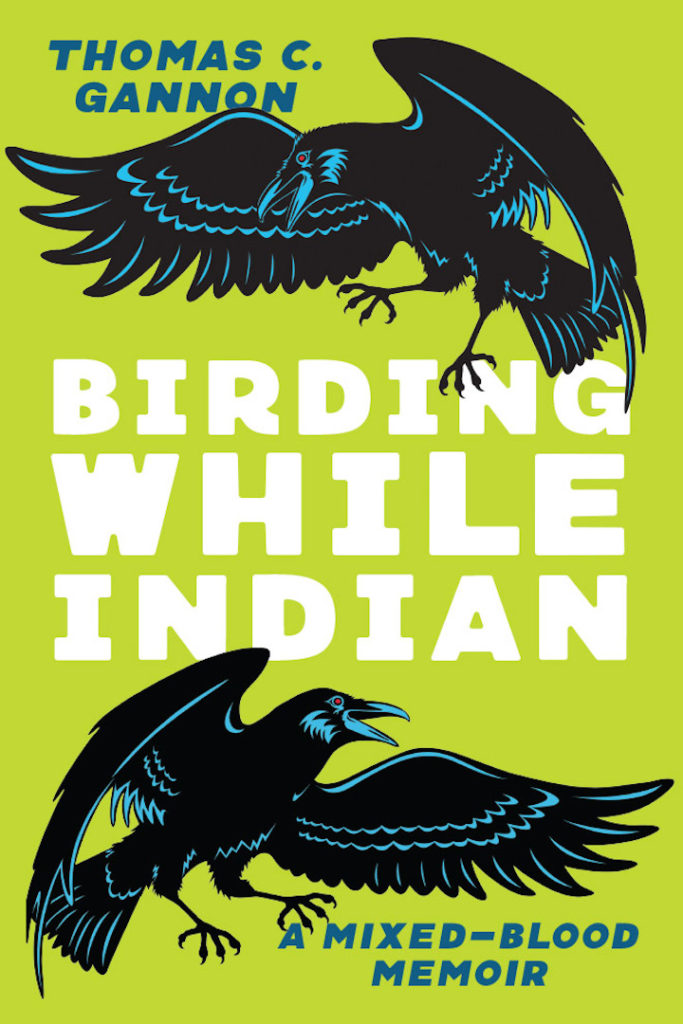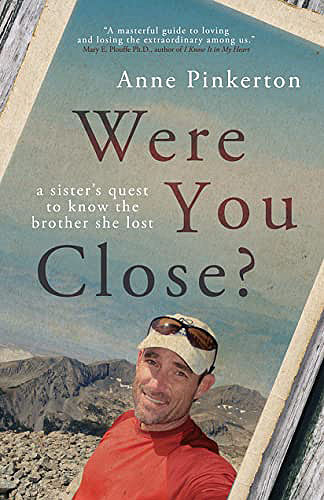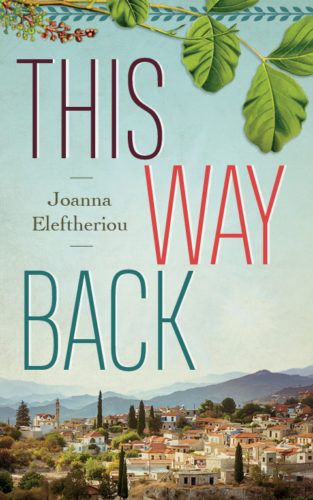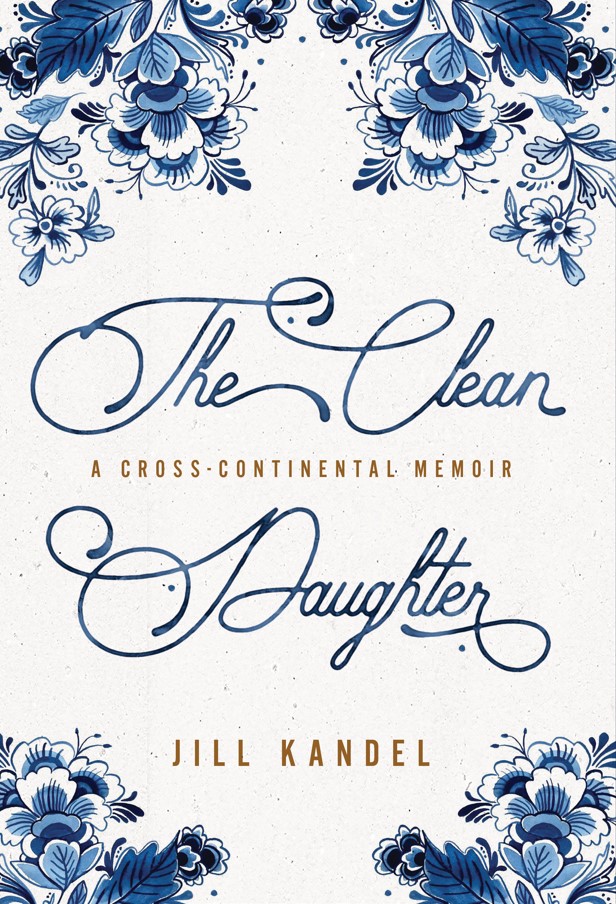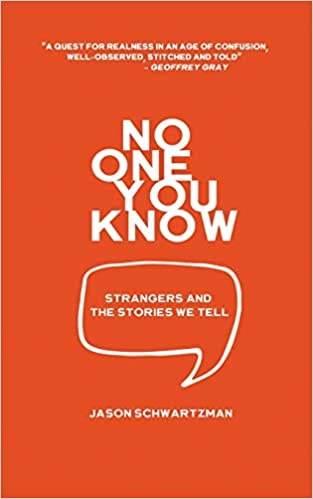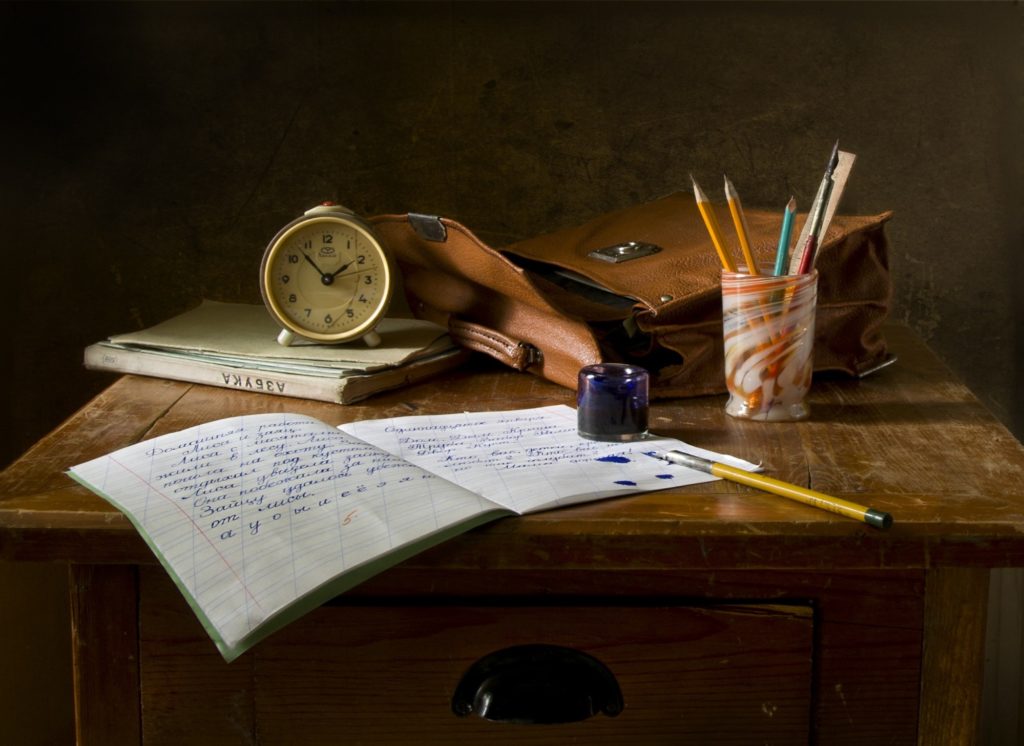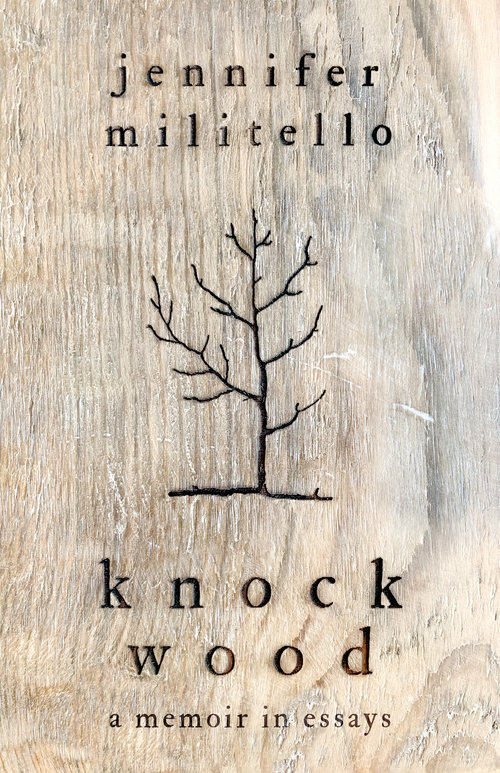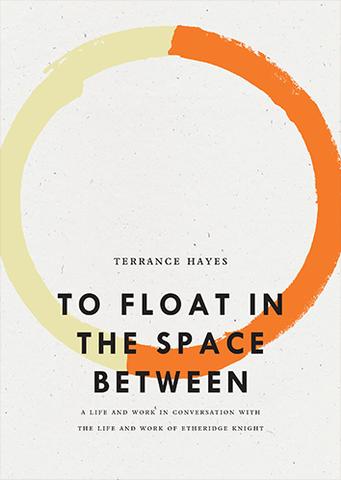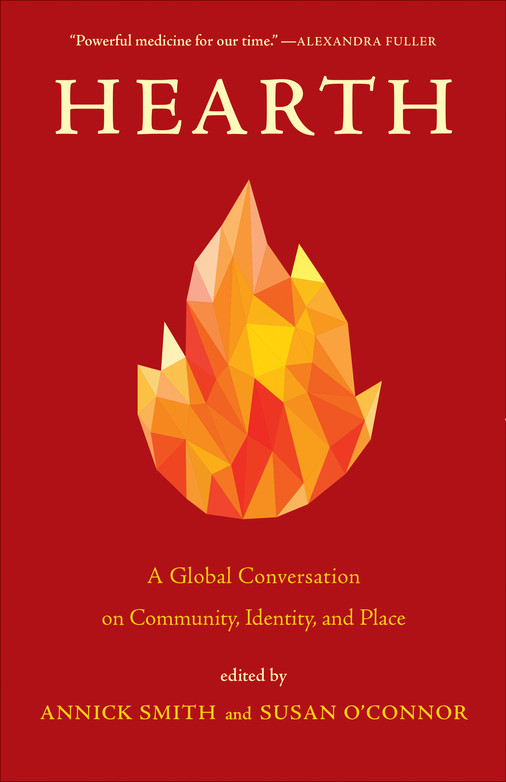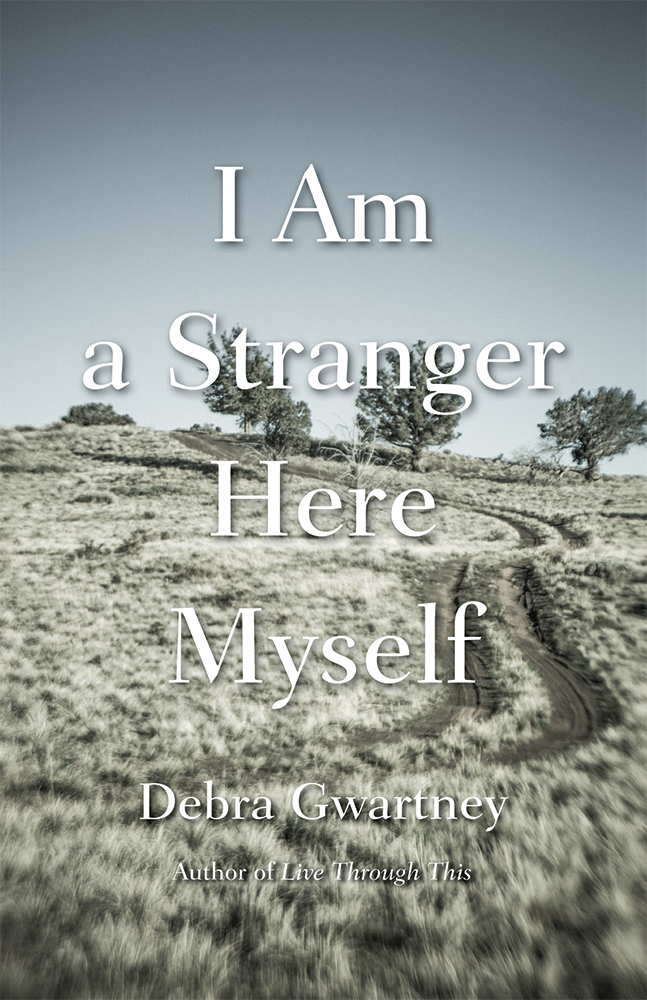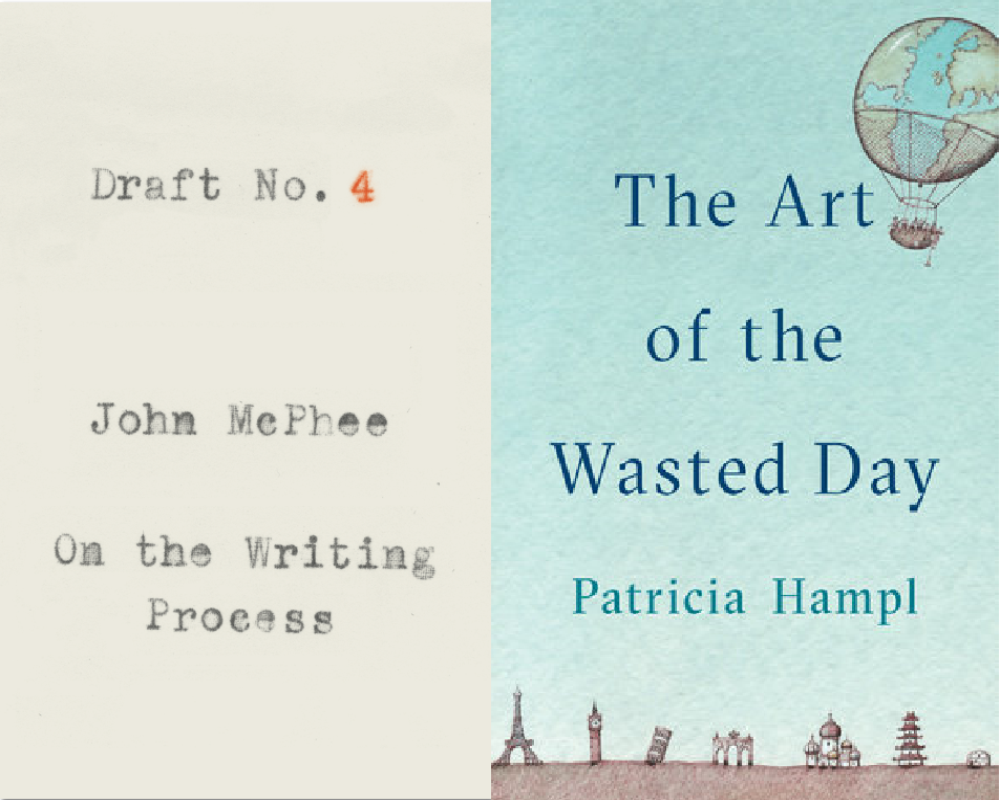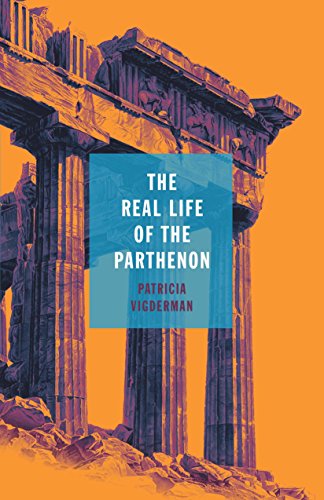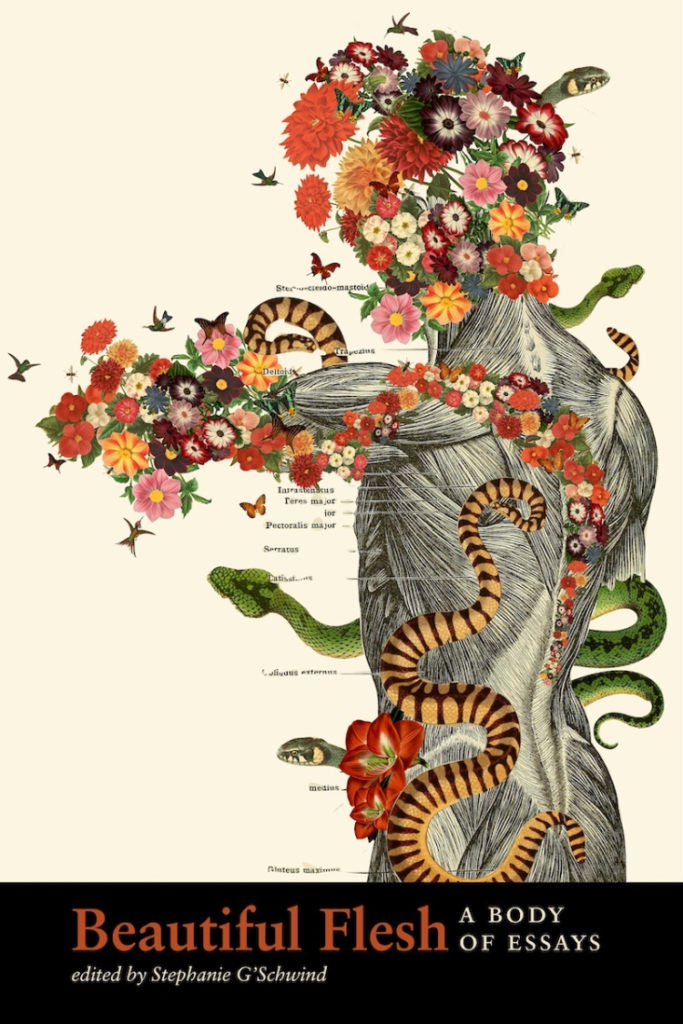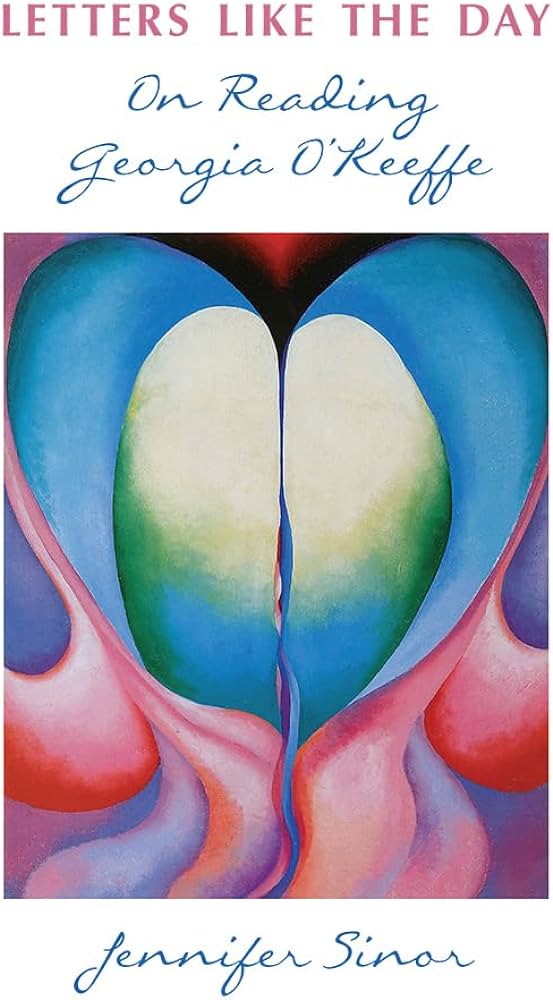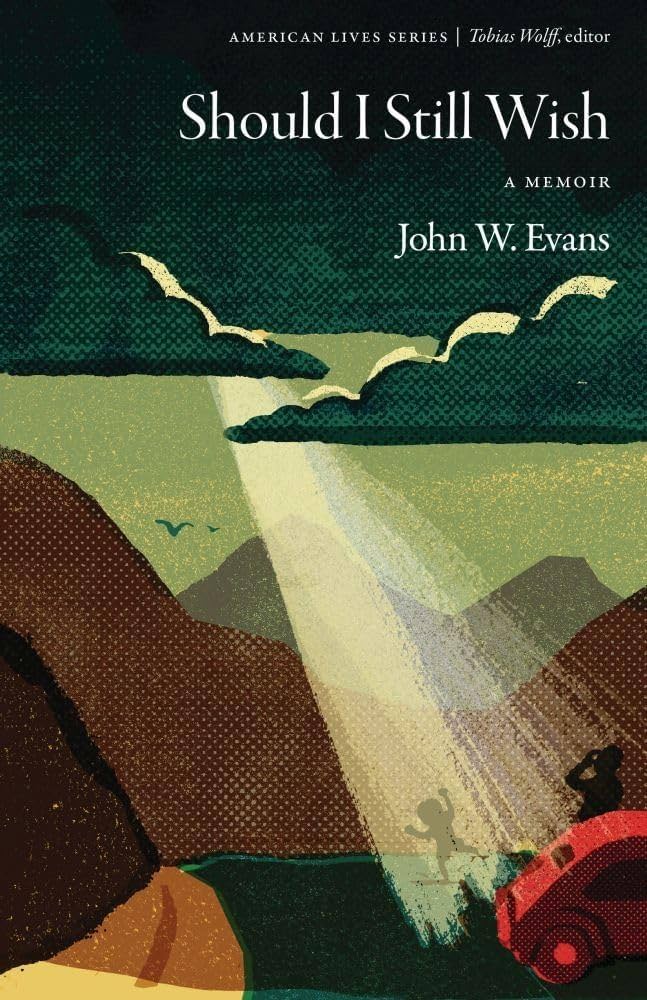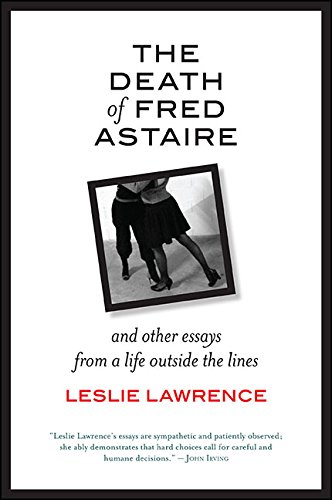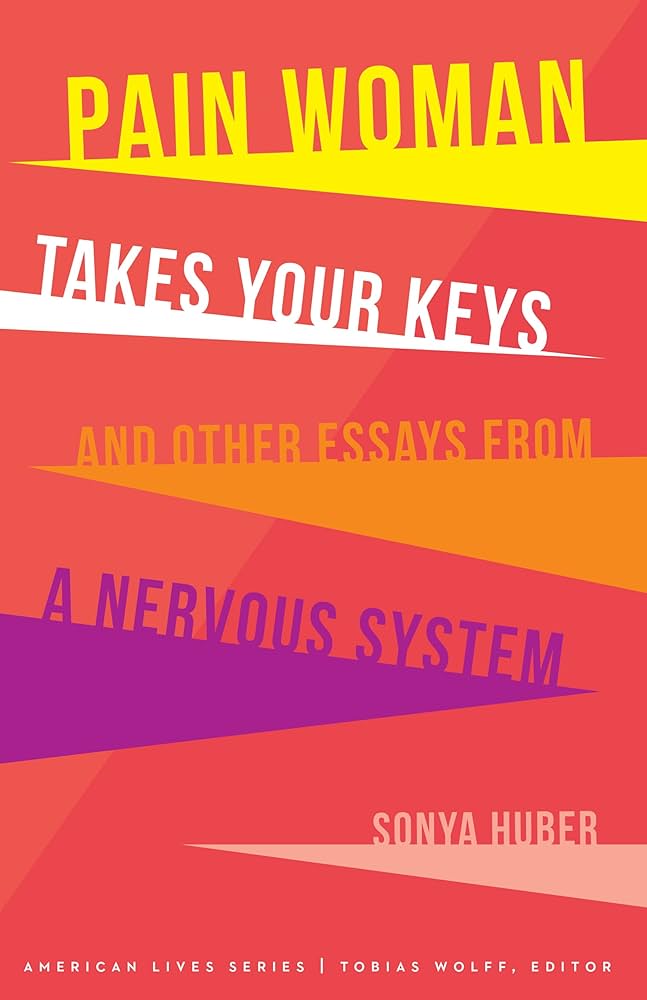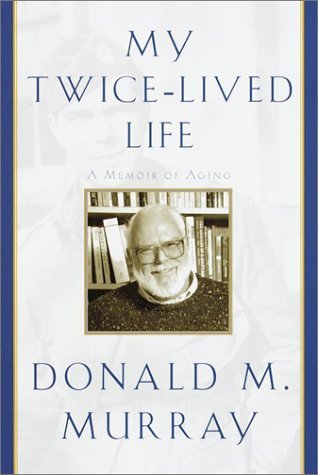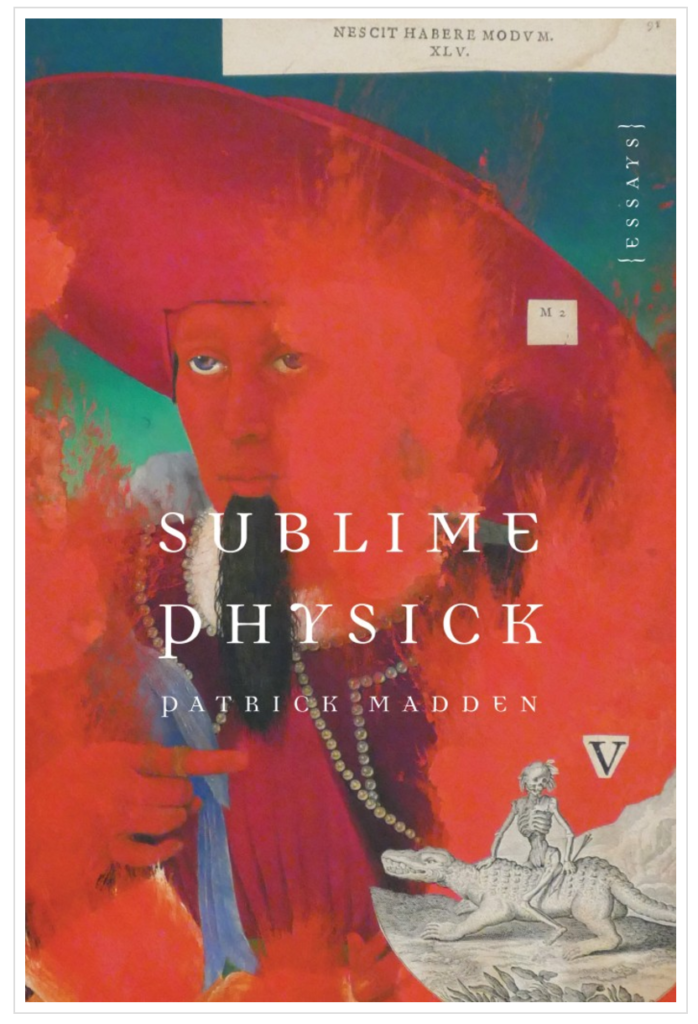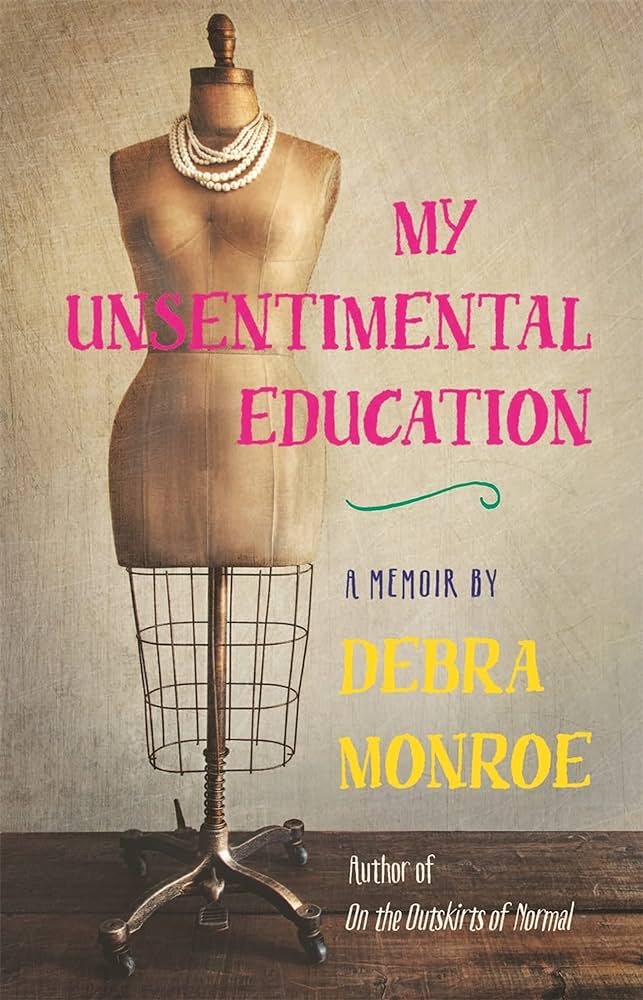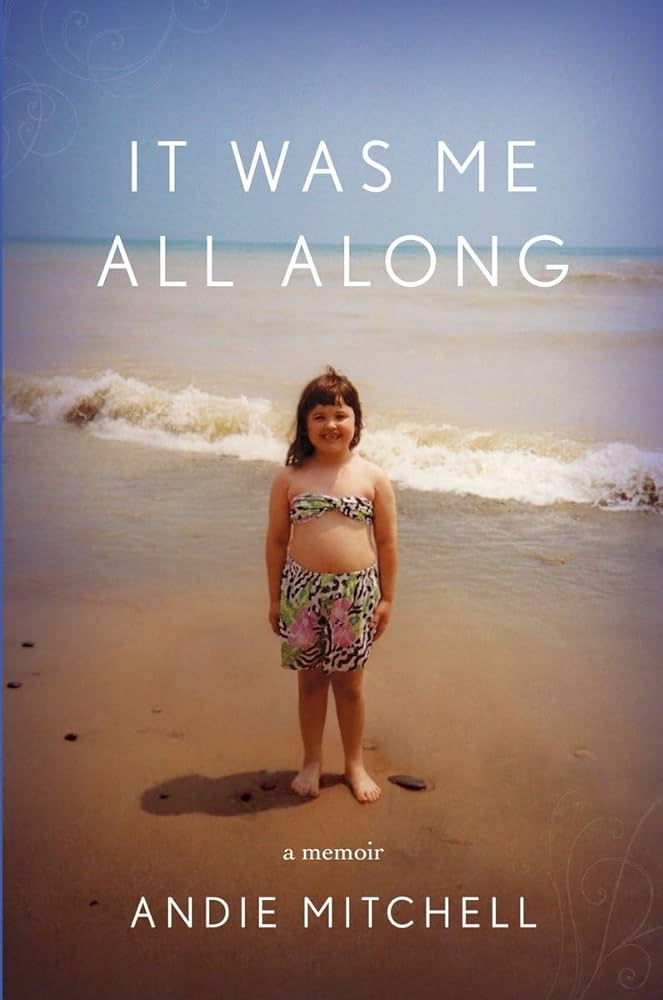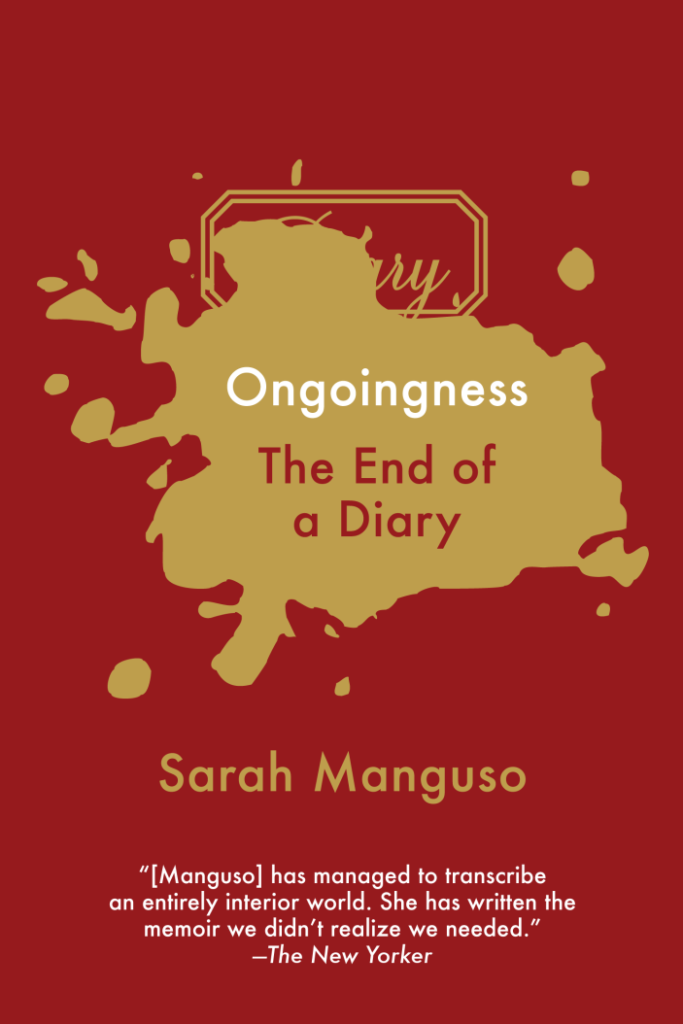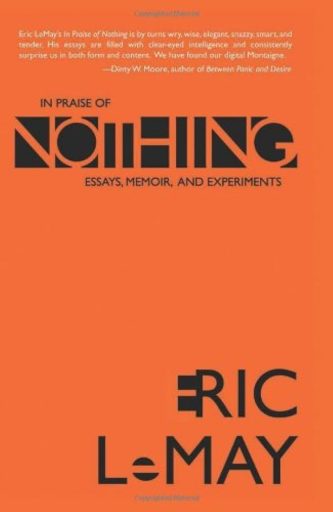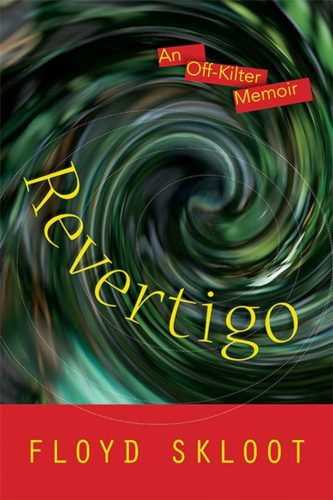By Jan Shoemaker
Still Life at Eighty: The Next Interesting Thing by Abigail Thomas
Before the pandemic, a book I invested my time in had to teach me something. During the roughly two years of Covid, the books I spent time with had to shelter me, had to let me hide inside them while they disarmed my anxieties with twists of plot that usually unfolded in English villages and sometimes in France. Now that I have crept back into the world and am warily looking around, my curiosity is growling like an empty stomach, and it’s nutrients I crave again—eloquence and insight, irony, paradox, poetry, wit. I am ready to be instructed and I sure as hell want to laugh.
Still Life At Eighty, Abigail Thomas’s smart, tender, acerbic new collection of short essays, gives us all that. She is writing at eighty but these essays are anything but still. They recount and inquire. They celebrate the familiar contours of her own beloved place while nudging the edge of mystery. They are frank and fearless.
And they are funny. You don’t have to be eighty to recognize many of the moments Thomas shares as your own. Anyone who’s rounded forty and has come suddenly upon their own reflection (when we bought the house I live in twenty-five years ago, the first thing I had removed was that wall of mirrors in the living room) knows the shock and comeuppance of these tiny, brutal revelations.
“I bought myself a magnifying mirror,” Thomas writes, “and took a look. It was like traveling to another country” with an “unfamiliar topography that turned out to be my face.” But she takes aging in stride, no—better—she takes it as interesting, a sort of marvel, in fact. She is “happier being old . . . coming up on eighty . . . probably even older,” she allows, “when you figure in the cigarettes and alcohol not to mention all the crazy fucking things” she did. But, even with the erosion of body and memory, chronicled throughout the book, she concedes, “There’s still enough of me around to like my hair better today than yesterday”—and don’t we get that? Finally, sharing an insight that enlarges her own experience, she observes, “Where there’s a shred of vanity, irony is not far off.”
To discover and ingest just those sorts of insights that are born of but transcend one writer’s experience is why we read personal essays. Their universality is the love in the sex, the spirit in the wafer. It’s also a cure for feeling desperately alone. And Thomas’s reflections are full of wise moments that boil up out of her humor and brooding, which make us pause and say, “Yes, me too, I feel that way too.” She doesn’t believe in God but is sure a deceased friend is in heaven. She experiences the things she loves “over and over again for the first time.” There is “somethingsomethingsomething” coming at her “unaware” in the blue jays on her lawn, the phone call from a friend, her grandson weaving geraniums through a lattice at her window; then, there it is: She’d been entertaining angels unaware “and it isn’t even noon.” Angels or, at least, she muses, “you never know, you never know, you never know.”
You never do know what’s up, really, in this world we pretend to grasp with the puny five senses we evolved, just enough equipment to enable us to successfully breed in our niche. That’s where natural selection lost interest in us and left us stranded. Yet still we yearn to know more. And Thomas, declaring herself “comfortable with mystery,” is full of that yearning. “What is this breathing thing I seem to be?” she wonders. And “What part of our body remembers we are forgetting things?”
Why does she remember her mother telling her about a sign that read, “One flight up for a proper English umbrella” but not the friend who drove her daughter to the hospital? She wants “to be conscious.” She doesn’t want “to miss anything.” She is “curious to see where [her] mind goes when it’s off-leash.” But sometimes she does know just what’s up, which is a mystery in itself. The moment her husband finishes “the hard work” of dying, “over by the window a glass of water fell to the floor, which was goodbye and goddamn and he knew she knew because she almost smiled.”
She wonders what saves us, and how to save. There is a pandemic; Thomas lives alone. Naps, she decides, curling up with her dogs. “We’re not escaping reality. We’re surviving the day.” And though every survival is merely a reprieve, “not yet a cadaver,” she throws her hat in with it broadly and wholeheartedly. When a wasp missing a wing latches onto her sleeve, she knows she “can’t fix it . . . can’t make its life workable.” But extending what comfort the universe permits small creatures, she carefully brushes the insect onto a Rose of Sharon, thinking, “Good luck, little wasp. I didn’t know what else to do.”
And there are glimmers of other savings afoot, of large forces working in small ways. At the beach with her daughter and grandkids during an eclipse, a disruption of the usual rhythms in its own right, and powerful enough to provoke a “primitive” fear in one woman she meets, Thomas watches a child saving saving saving the lives she can.
Millions of small silver fish glint all over the sand, shining like tiny twists of tin foil. At the water’s edge, a small girl is bending, scooping, straightening up, and throwing handfuls of the dying fish back into the waves. “If their tails are wagging, they’re alive!” she cries, bending over again. She is joined by a bunch of other kids, but the job is endless and futile.
Unless, of course, it isn’t, a possibility which Thomas’s attention to mystery and perseverance invites us to consider. Unless salvation lies with just such empathy, that draws no lines between species, and is building in waves that are yet to arrive. As with so much we experience, you never know.
If aging well is an art, Abigail Thomas has mastered it. Still Life At Eighty is a montage of moments that are wry and generous and illuminating. If I count up all the times I answered, “Amen!” or “Damn straight!” it’s even interactive. All of the virtues that ought to come with age are there and few of the bad actors like parochialism, intolerance, and self-righteousness, as if having invented the fable of our own correctness and success, we end up buying the story in which case there is a bridge in Brooklyn we might sell ourselves. Instead, with this memoirist as guide, there is humility and vulnerability and wonder and the long view that comes with enough decades. And paradox—because that’s the stuff of mystery and the currency of life. “The past is unpredictable,” Thomas says. She has lived and loved and written long enough to know.
Golden Notebook Press
$20.00 Paperback | Buy Now
Jan Shoemaker is the author of Flesh and Stones: Field Notes from a Finite World, and The Reliquary Earth. Her new essay collection, Slow Learner, will be published early in 2024 by Trail to Table Books.






